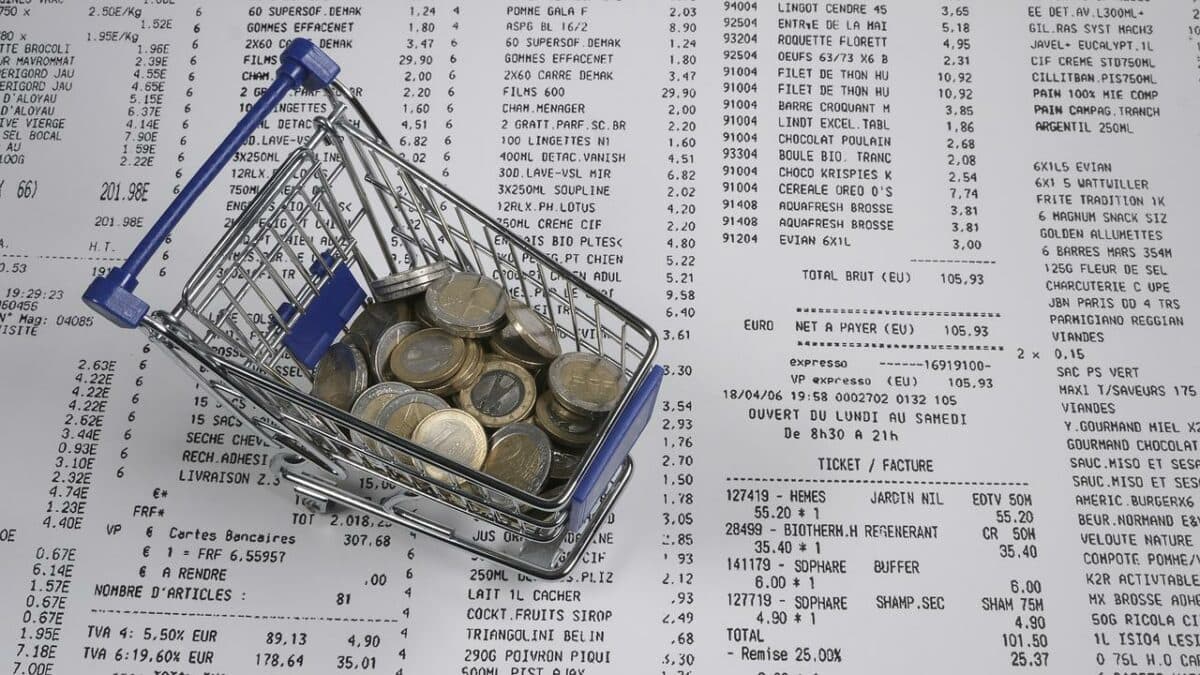Debt Consolidation: Assessing your Situation and Choosing the Appropriate Option
By Maude Gauthier | Published on 06 Jun 2024

Are you struggling to keep track of multiple debts and their payments? Are you constantly paying interest on your credit card but your balance never comes down? Debt consolidation could be the answer you’re looking for. It eliminates the never-ending headaches and can help you to pay down your debts faster. In some circumstances, you can even negotiate lower interest rates to save money in the long run.
Should I consolidate my debts?
When you consolidate your debts, you essentially move multiple unsecured debts (such as credit card debts) onto one credit account, like a personal loan. By combining multiple balances into one debt account, it’ll be much easier to manage payments.
There are several reasons why you might strategically decide to consolidate your debt. First, if you have a few high-balance credit accounts and are struggling to make payments on time, debt consolidation can help to prevent missed payments, damage to your credit score, and higher interest charges.
Struggling to pay off a big balance because of high-interest charges? Debt consolidation often involves renegotiating your interest rates, so it may be the perfect solution. However, make sure to carefully weigh your options beforehand. While some debt consolidation options may knock your interest rate to 0% for a couple of months, others do not offer significant interest rate reductions. It depends on the lender, the status of your accounts, and your financial situation.
Although consolidating your debt is a great strategy to simplify your debt repayment journey, it won’t fix poor financial habits. We highly recommend starting your debt consolidation journey by making a budget to ensure that you can make all of your payments. As a bonus, you’ll build strong financial habits. These good habits can drastically improve your financial situation afterwards.
What are my options?
If you’ve decided to consolidate your debt, you have a few choices. Typically, you’ll either apply for a debt consolidation loan, take advantage of a low-interest credit card or a balance transfer offer, or enroll in a Debt Consolidation Program (DCP). When comparing your options, it’s important to weigh interest rates, extra fees, and additional circumstances, like the impact on your credit score, in order to find the best solution for you.
Taking out a debt consolidation loan
One of the most common debt consolidation options is taking out a personal loan from a bank or private lender that is then used to pay your existing creditors. While a consolidation loan might seem appealing at first — you have a trusted institution supporting you, you can get creditors off your back, and you only have to worry about one lending account going forward — it isn’t always the best choice.
For starters, you may find it hard to secure such a loan. Lenders will generally take your credit score into consideration when deciding if they will provide you with a debt consolidation loan. If you’re in a position where you have to apply for such a loan, chances are that your credit score has dropped making it far more difficult to qualify. While all that effort might be worth it for a lower interest rate that can save you money in the long run, debt consolidation loan interest rates are not always competitive, especially if you have a low credit score, which makes you a riskier client.
If an emergency prevents you from making your payment on time, always call your creditors to explain the situation before you miss the payment. Banks and other creditors have tools to help customers stay on track and offer some relief. No one wants your account to go into a delinquency status.
Using a credit card
If you have relatively few debts and a low-interest credit card or a good credit score, you might want to consolidate your debt by paying everything down via credit card, then focusing your efforts on paying down the card. Right off the bat, we want to emphasize that you must have a low- or no-interest card for this to work. It’s useless to shift your debt onto a credit card with a 19.99% annual interest rate.
Ideally, we recommend taking out a credit card with an introductory 0% interest offer, then shifting all of your debts onto this card if you can. However, that may not be possible if you have a low credit score. Make sure you can start to pay down the balance as quickly as possible. Keep in mind that any time you carry a credit card balance more than 30% of the limit, like more than $500 on a card with a $1,500 limit for example, starts to hurt your credit score.
Because introductory credit card interest rates are only applicable for a short period of time usually around 6 to 9 months, and credit card limits are relatively low, consolidating your debt via credit card only really works for low balances that you can repay in the short-to-medium term. If you aren’t sure that you’ll be able to repay the balance before the introductory rate ends, you may be better off choosing a different option for debt consolidation.
[Offer productType=”CreditCard” api_id=”5f32dd5563ae8636997fa6ab”]Debt Consolidation Programs
The final avenue for debt consolidation? Enrolling in a Debt Consolidation Program (DCP), like Consolidated Credit. Those are sometimes called Credit Counselling Programs. DCPs are similar to a debt consolidation loan from a bank or private lender in that the DCP provider will consolidate your different balances into a separate lending account with its own interest rate. This is usually a last resort because a DCP could prevent you from accessing new credit while you’re in the program, and even for a period of time after successful completion in some cases.
DCP providers are usually more flexible than banks or private lenders and may negotiate with your creditors to potentially lower your balances. Although DCP providers are generally non-profits, they don’t always have your best interests in mind. Some DCP providers are funded by lenders with the goal of getting as much money out of borrowers as possible. For example, these DCP providers may refuse to negotiate with your creditors so you’ll have to pay back the entire principle. This isn’t to say that all DCP providers are harmful. On the contrary, they are usually a great option for debt consolidation. Just be prepared to shop around for different interest rates and discounts. You should also search for customer reviews and check the Better Business Bureau (BBB) to help find a quality DCP and avoid a less ideal one.
Provinces offering their own program
A few Canadian provinces have their own programs and regulations. Wondering if your province has any additional benefits that you might be able to take advantage of, or restrictions that you should look out for? Keep reading for all the details.
Alberta
If you live in Alberta and are hoping to consolidate your debt, you’re in luck! You won’t have to worry about credit score requirements or wading through a sea of providers to find a competitive interest rate.
Alberta’s provincial government has created the Orderly Payment of Debts (OPD) program in conjunction with financial non-profit Money Mentors to help residents consolidate their debts. If you enroll in the program, Money Mentors will pay your creditors and you will pay the non-profit back.
To sign up, you’ll just need to request a consolidation order from Alberta’s courts, a relatively simple process that does not involve a credit check.
Quebec
Quebec also offers its residents a helpful debt consolidation program. Though it is a bit more restrictive than traditional debt consolidation avenues, it can be a great option for anyone who is in way over their head. Especially if you’re afraid of losing your home or other seizable assets.
Residents of Quebec can register for the province’s voluntary deposit program if they’re looking to consolidate their debt. After filing a motion to apply with Quebec’s courts, residents are required to pay a sizable amount of their income to the courts each month. In turn, the province distributes the funds to individual lenders.
Although the voluntary deposit program requires sizable monthly payments, it will prevent lenders from seizing your Quebec-based assets or suing you as long as you continue to make payments.
If you feel as though you’re drowning in debt and are afraid of losing your house, this can be a great way to protect yourself.
Other provinces and territories
At this time, none of the other provinces or territories have created significant debt consolidation programs and regulations. However, any method of debt consolidation would allow you to benefit from federal debt collection regulations, which prevent lenders from threatening you, providing misleading information, pressuring your loved ones to pay your debts, and more.
